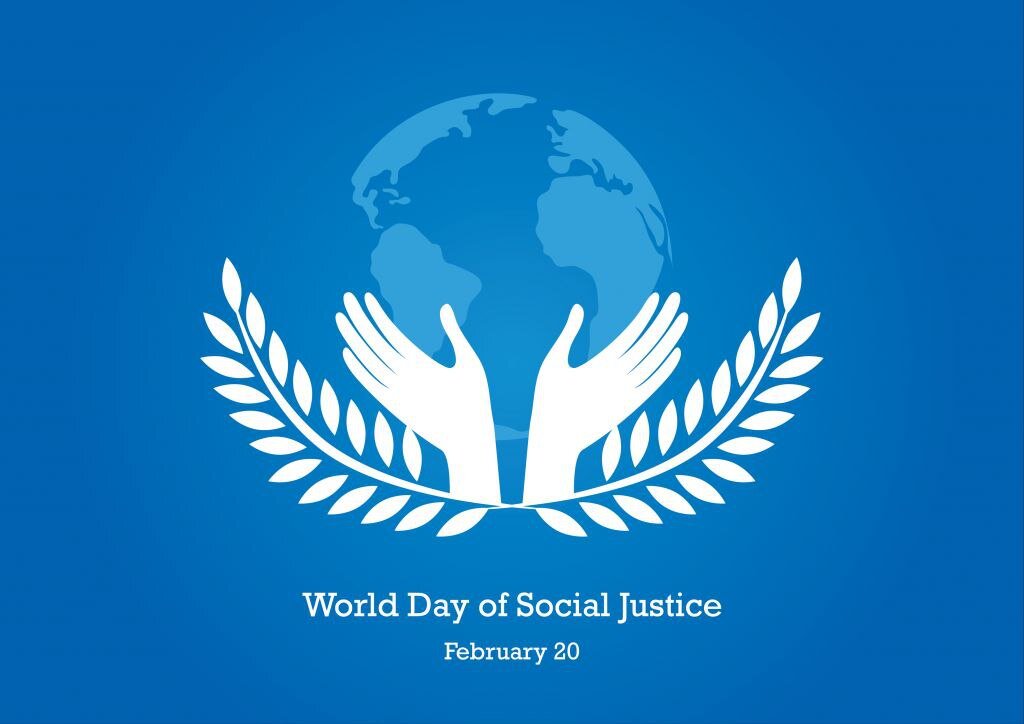Integrating “just transition" principles into both global, national policies

TEHRAN –Observed on February 20 annually, the World Day of Social Justice highlights the importance of integrating social justice into global efforts to address inequities, promote peace, and achieve sustainable development.
According to the UN website, this year, the day focuses on ‘strengthening a just transition for a sustainable future this year, making sure our move toward low-carbon economies benefits everyone, especially the most vulnerable.
Organized by the United Nations (UN) in 2007, the day promotes equal access to education, employment, healthcare, and many other things, regardless of race, religion, sexuality, gender or class.
It requires a holistic approach that weaves environmental sustainability with social justice, ensuring that workers, indigenous peoples, and marginalized communities receive the support they need—through retraining, job creation, and strong social protection measures.
In other words, decarbonization and economic transformation should go hand in hand with policies that fight poverty, reduce inequality, and open up opportunities for all.
At the heart of this vision is the idea of integrating “just transition” principles into both global and national policies. When these principles are built into sustainable development agendas—such as those discussed at the Second World Summit for Social Development (WSSD2)—policymakers can create a fairer environment where the costs of change are shared equitably.
For example, targeted green skills training, comprehensive social protection, and community-led economic diversification can help ensure that the decline of fossil fuel industries doesn’t lead to long-term unemployment or increased social inequality. Instead, these measures redirect investments into emerging green sectors, building a resilient workforce and a more equitable society.
Ultimately, strengthening a just transition is about re-imagining our economic and environmental systems to prioritize people as much as the planet. It’s a call to shift the focus from simply decarbonizing to also redistributing opportunities and resources so that sustainable growth benefits everyone.
Through collective action and inclusive policies, we can create a future where environmental integrity and social equity go hand in hand, forming the foundation of a truly sustainable global economy.
Leave a Comment